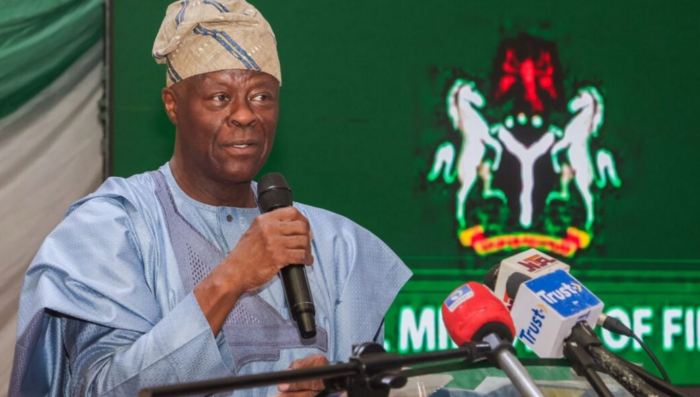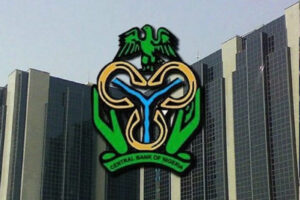The Federal Government is set on achieving full transparency in public finances by ensuring all government funds are brought under the supervision of the Central Bank of Nigeria (CBN), according to Wale Edun, Minister of Finance and Coordinating Minister of the Economy.
Speaking on Monday at the 31st Nigerian Economic Summit (NES) in Abuja, Edun revealed that the government only obtained complete visibility of its accounts with the CBN on August 1, 2025.
“We are determined to bring all federal government funds into visibility. There is a lot of government money lying outside the CBN,” he said.
The minister outlined that ongoing fiscal reforms aim to enhance accountability, improve efficiency, and ensure every naira of public revenue is properly tracked.
To this end, the government has introduced a new federal billing system to monitor payments for goods and services, ensuring that “all transactions are traceable and accurately recorded.”
Edun further explained that the reforms have extended beyond transparency to boost revenue available to all tiers of government. He noted that allocations to states have increased by over 111 percent following the removal of the petrol subsidy and exchange rate unification.
“States are now awash with cash and additional funds are to empower states to drive growth and service delivery at the sub-national level,” he said.
Read Also
READ ALSO: Allocation To States Rises By Over 111%, Says Finance Minister Edun
Describing the subsidy removal and exchange rate unification as the most significant reforms, Edun said the measures have freed up about 5 percent of Nigeria’s GDP into the Federation Account.
On budget execution, the minister announced an agreement with the National Assembly to ensure timely implementation and restore adherence to the normal fiscal calendar
“No more extensions of the budget into the next year, which has created so much confusion in the system. We have talked to the National Assembly and agreed to restore normalcy in that space,” he said.
Edun stressed that consistent and disciplined budget implementation is critical to transparency, improved project delivery, and credible public expenditure tracking.
On debt management, he outlined a shift in government borrowing strategy to reduce reliance on Eurobonds and other external loans.
“The government will make greater use of Sukuk, green bonds, and diaspora bonds instead of Eurobonds,” Edun said, noting that the approach will encourage domestic investment while aligning debt issuance with Nigeria’s sustainable development goals.
Addressing inflation, the minister said government interventions have begun with deliberate fiscal policy adjustments and smarter spending priorities aimed at mitigating economic pressures.





